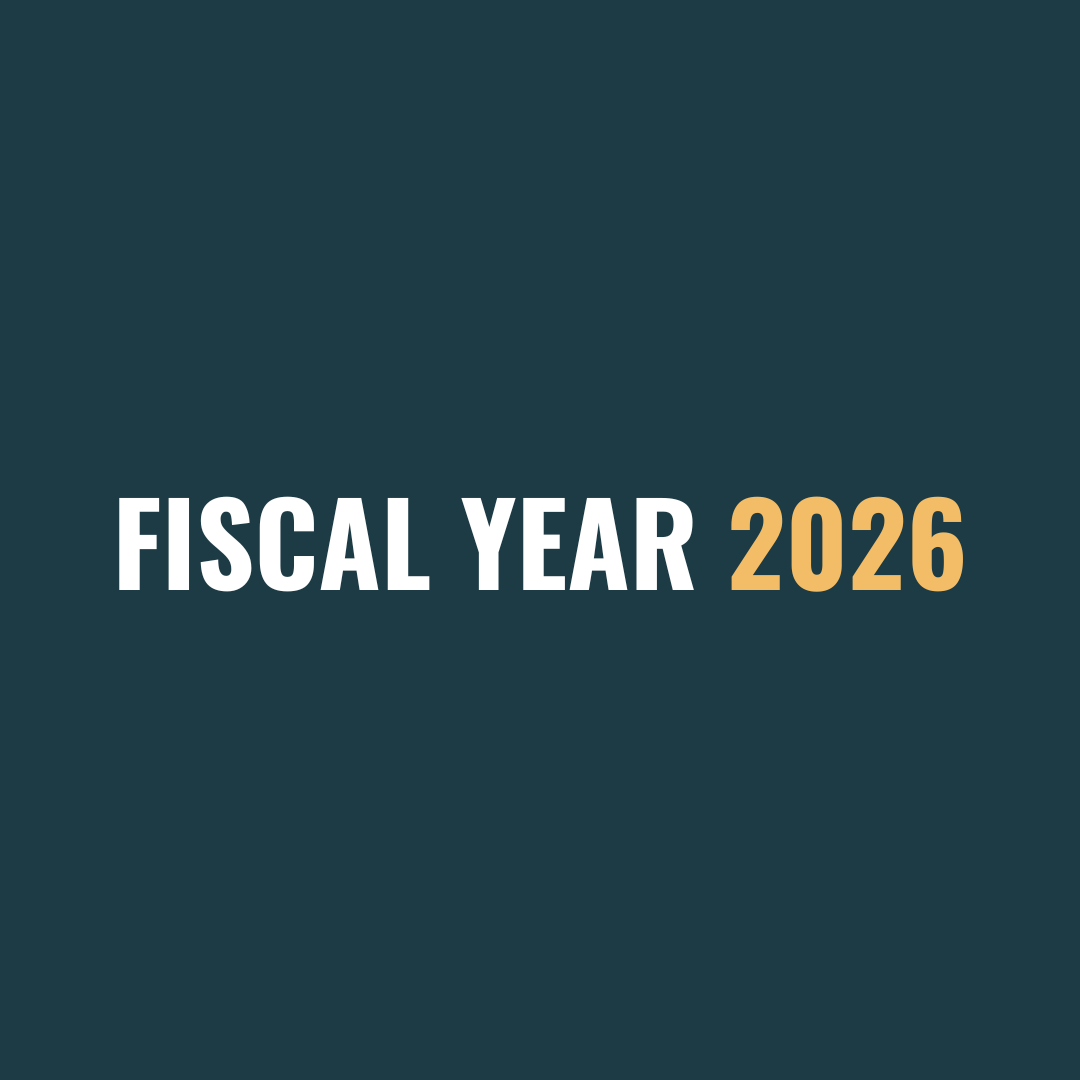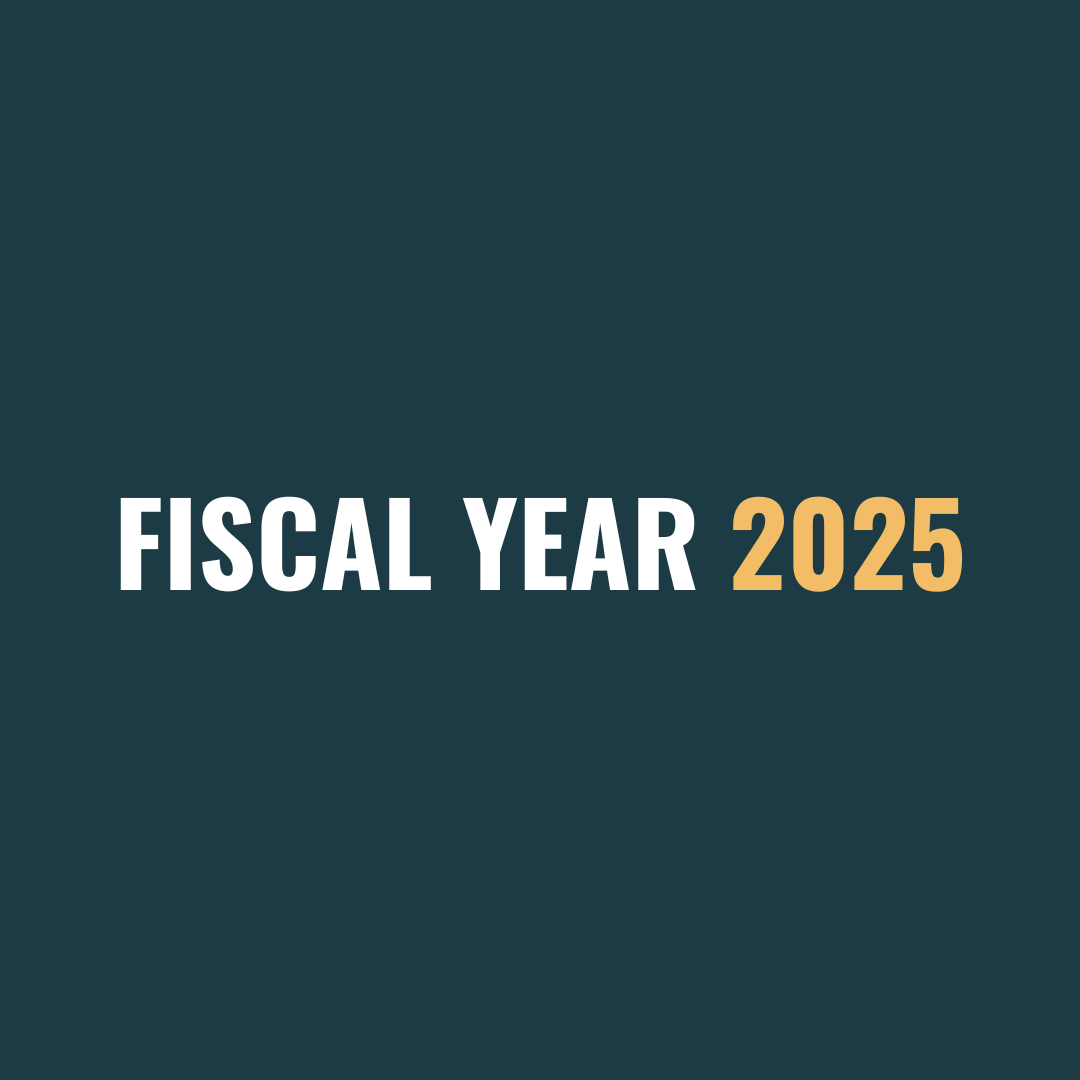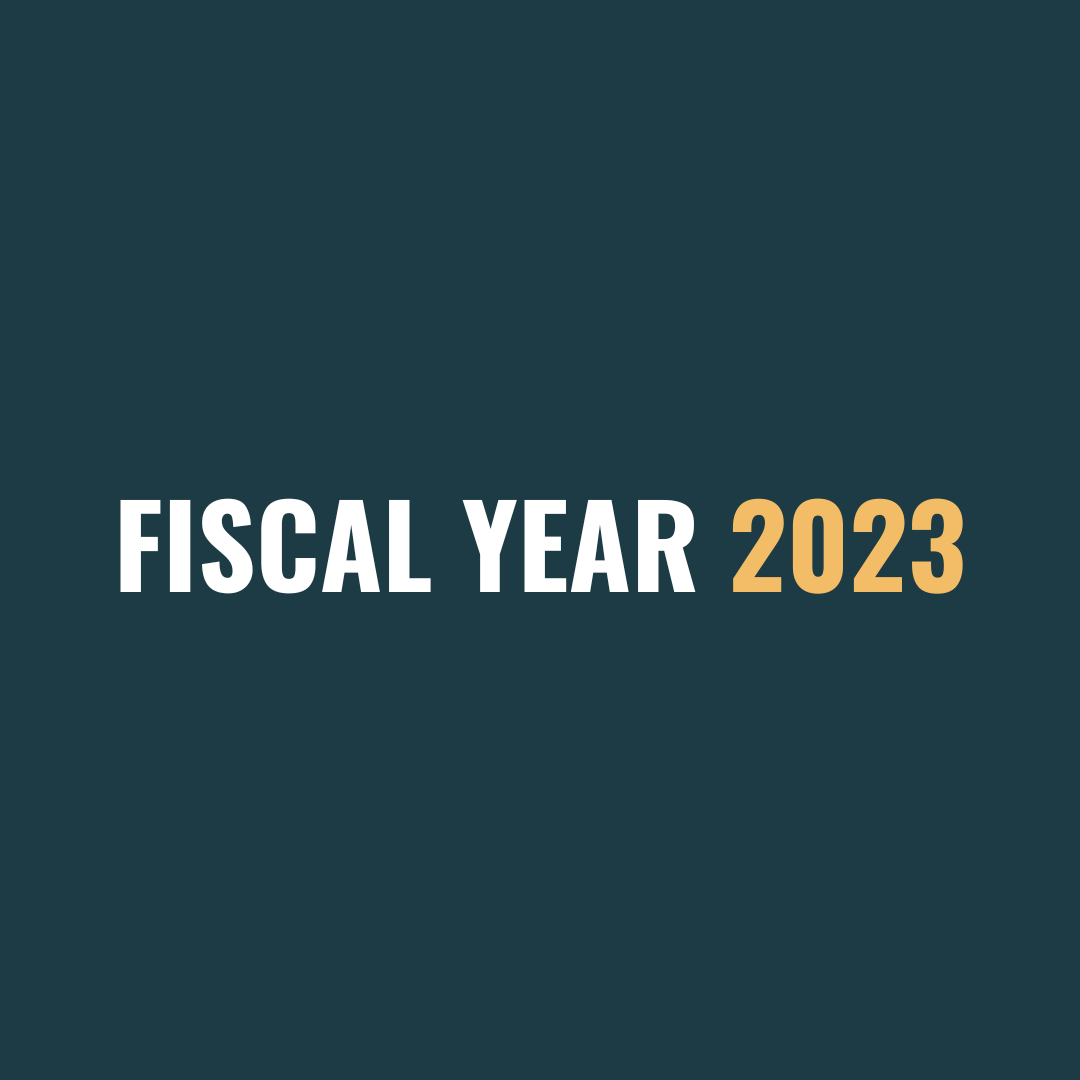FY2027 CONGRESSIONALLY DIRECTED SPENDING REQUESTS
As a member of the Senate Appropriations Committee, I am committed to increasing federal investment in New Mexico. Through recent reforms, the federal appropriations process now provides the opportunity to fund local projects through Congressionally Directed Spending (CDS). During this process, I work with nonprofit entities, universities, and state, Tribal, and local governments to direct federal funding to projects that truly have an impact on the lives of New Mexicans.
If additional information is needed on your project, you will be emailed a more comprehensive form. Not every request will be deemed eligible by the relevant Appropriations Subcommittee, and all CDS funding is contingent upon enactment of FY2027 Appropriations Bills.
All requests must comply with Rule XLIV of the Standing Rules of the Senate. Among other things, Rule XLIV bars members from carrying any financial or pecuniary interest in any CDS project they support and requires members to list each of the CDS projects they request the Senate Appropriations Committee fund in each fiscal year.


1.png)

.png)